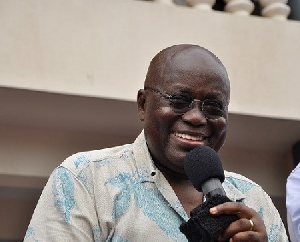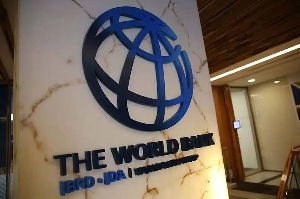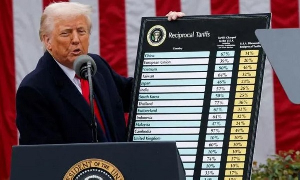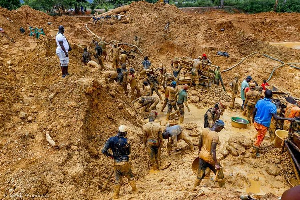“The December 2016presidential election will feature the same presidential candidates from the two main parties that competed at the 2012 poll. John Mahama of the National Democratic Congress (NDC) came out on top previously, but The Economist Intelligence Unit expects a reversal in 2016 with Nana Akufo-Addo of the New Patriotic party (NPP) forecast to win the presidency at his third attempt.”
This is the prediction of the January 13, 2015 Country Report of the Economist Intelligence Unit, a copy of which is in possession of the New Statesman.
According to the 34-page report, “forecasting the fall of the incumbent is unwise in many African elections”, however “Ghana has an established precedent of the NPP and the NDC exchanging power at the ballot box.”
The EIU’s prediction is premised on the fact that “Mr. Mahama has endured a largely torrid time in office, presiding over a period of severe economic underperformance that has left many Ghanaians deeply unhappy with the situation.”
Despite the fact that President Mahama and the NDC government are in their 7th year with “time for Mr. Mahama and the NDC to start to turn the economy around before the election”, the EIU is pessimistic about the chances of a Mahama/NDC victory, with the “results likely to be close.”
For an NPP victory to be certain, the IEU report stated that the “NPP will need to work hard to attract votes from outside its central Ghana heartlands”, adding that the NDC will still enjoy strong support in the east and north of the country, owing to historical and tribal allegiances.
One threat to the NPP’s chances of extending its reach, according to the EIU, which was the seeming internal party divisions, “appears to have been overcome however, with Mr. Akufo-Addo gaining more than 94% of the vote in the October primary election to select the party’s presidential candidate.”
The report continued, “With the NPP seemingly united behind him, the veteran politician will be able to give his full attention to attacking Mr. Mahama and the NDC. A close vote and a potential change in leadership will increase tensions, which could cause some isolated unrest, but we do not think that Ghana’s reputation as a stable democracy is at stake.”
General News of Saturday, 17 January 2015
Source: The New Statesman













